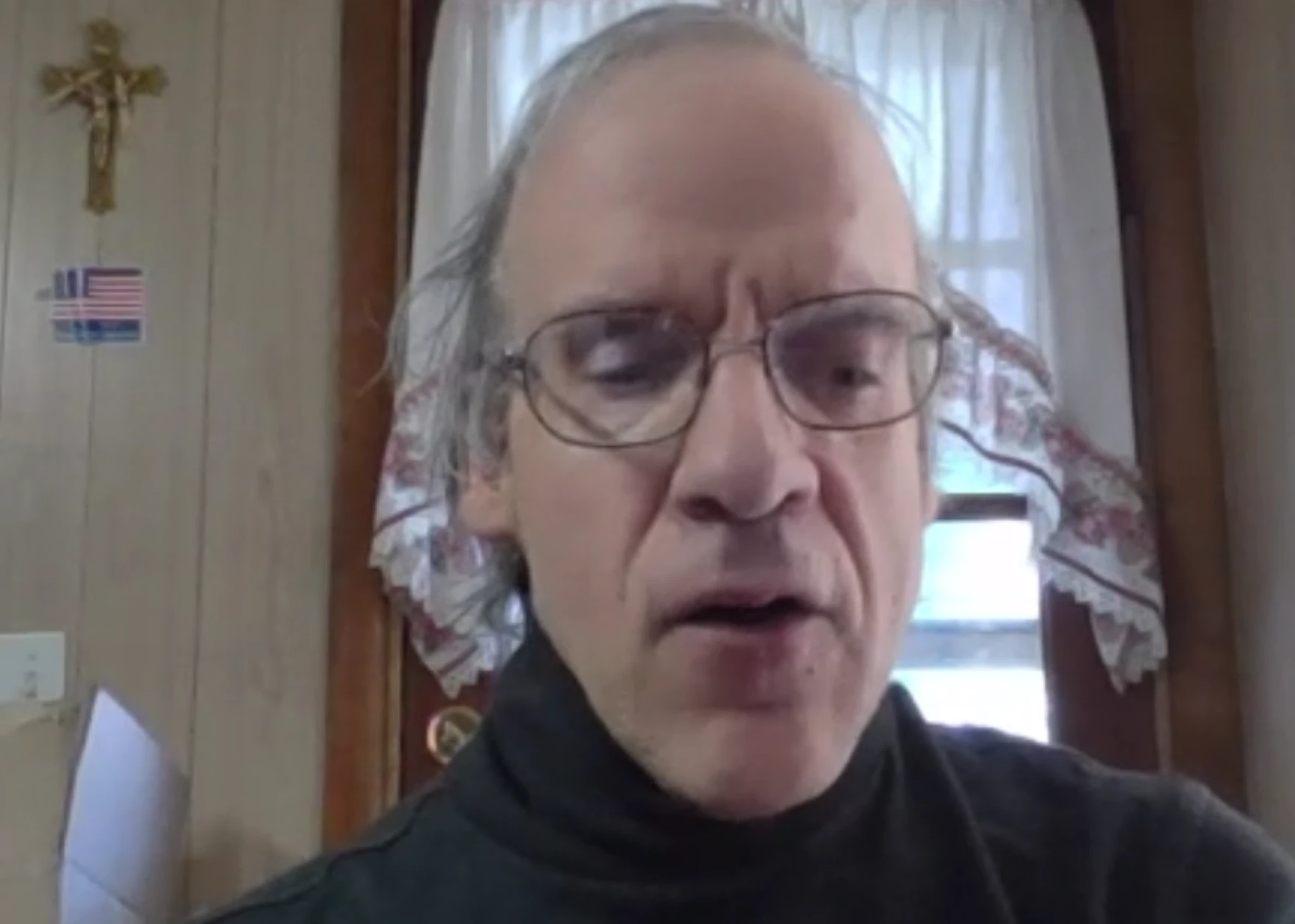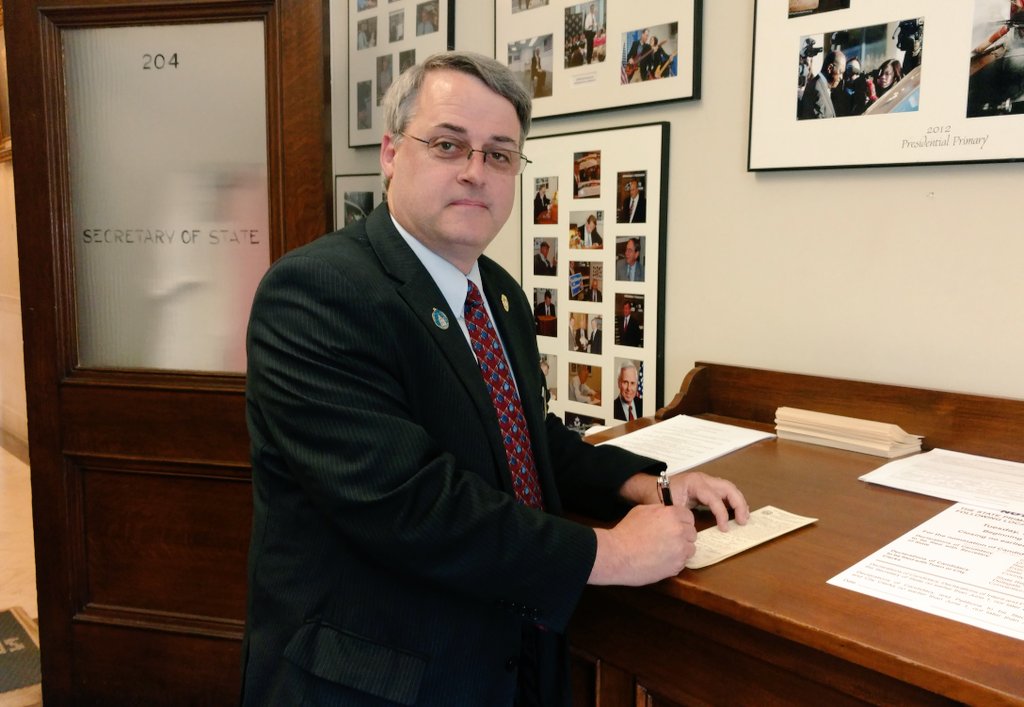NHDem’s COVID Accommodations Case (Finally) Comes to an End

Despite years of trying to push remote legislating, Granite State Democratic lawmakers must show up to do their jobs.
United States District Court Judge Landya McCafferty this week dismissed the long-running lawsuit against Speaker Sherman Packard (R-Londonderry) over House rules requiring in-person attendance for representatives.
Since the COVID-19 pandemic began, New Hampshire Democrats have aggressively pursued policies to both mandate behavior in the cause of public health and to rewrite rules to accommodate those in fear of the virus. Mask mandates have proven to be largely ineffective in stopping the spread of COVID, and there is little evidence that restricting the behavior of healthy Americans had any benefit on health outcomes.
But that hasn’t stopped Granite State Democrats, who have past three years in court pushing to override House rules requiring in-person attendance to conduct the people’s business.
Packard has maintained the ultimate authority to set the rules lies with the House and not the courts. Judge McCafferty agreed.
“The order speaks for itself,” Packard said in response to the ruling. “It reaffirms our belief there is a democratic process by which the House adopts its rules, and that process is not subject to court intervention.
“Over the last two terms under my administration, we have worked tirelessly to keep legislative business moving forward. My hope is that we continue to work together and make some positive changes to benefit all New Hampshire citizens.”
McCafferty showed deference to Packard’s legal position, which was bolstered by a First Circuit Court of Appeals ruling issued last year. The authority to set attendance rules belongs to the House.
“The court is not unsympathetic to plaintiffs’ legitimate concerns. But it cannot base its decision on whether it agrees with the procedures voted upon by the New Hampshire House of Representatives,” McCafferty said.
Lawmakers have been meeting in person since the start of the 2022 House session, and all votes are done in person. There are remote options to participate in hearings, but that does not include the ability to cast votes remotely.
Democrats sued Packard, claiming he used the attendance rules in order to gain a partisan advantage during the pandemic. Several Democratic lawmakers, like Rep. David Cote (D-Nashua), simply refused to attend House sessions out of fear of the virus. But because Cote continued to run for reelection — and the voters of Nashua reelected him — he “served” without casting a single vote on behalf of his constituents for three years. In fact, he was never even sworn into office after his 2022 reelection.




